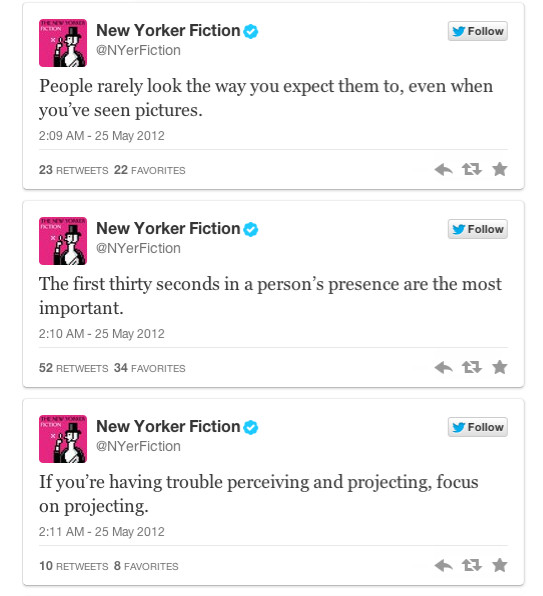“School’s out forever,” as told by a burned-out teacher in Baltimore. Lynnea moves from a small-town in Kentucky, where her family is one of the few black families in town. Packer’s descriptions of Lynnea’s travails as a public school teacher ring true to this former educator, but the outlet she finds for her frustrations about the educational system and herself is brutal, funny, and shocking.
Anti-beach read: Nadine Gordimer, “Loot” from Loot and Other Stories (2003).
Nadine Gordimer’s “Loot” is kind of the opposite of a beach novel; “Loot” is a delightfully slow read. The piece turns slowly in the reader's mind, like beach glass rattled on the shore, and sentences change shape and hue as you reread them (you will reread them). But still, read this powerful story at the beach; it’s a cautionary fable about the power of the ocean as much as about looting, trash, capitalism, and our love of objects. The take-home message might be a memento mori: “no roses or carnations float,” but maybe it’s also a call to action. Part of the fun of summer is that you know it won’t last forever.

Anti-pulp: Jennifer Egan, “Black Box” by from The New Yorker (2012).
"Black Box" is a thoughtful riff on pulpy, episodic serial sci-fi. Egan’s story is comprised as a series of missives from a female secret agent, “a beauty,” who uses her genetically modified body to transfer classified data from a series of powerful men. It’s set somewhere in the Mediterranean in the near future, and Egan’s crisp writing both clips along like great science fiction and pauses to observe the moonlight glinting on the waves. The story was originally released on Twitter (all the missives are under 140 characters), and what could be a gimmick in fact turns out to be a playful investigation of the limits of the short-short story form and the role of technology in our lives.
Anti-summer romance: Grace Paley, “Wants” from The Collected Stories (2007).
Paley’s “Wants” is only a few pages, but it shows how muscular the short-short form is. Paley alternated between writing short-short stories and poems, and it shows. The story is about a woman running into her ex-husband while returning some library books. But it is also about divorce, not wanting a boat, and deeply wishing you were the kind of person who could manage to return library books on time.
Anti-driving anywhere: Ghassan Kanafani, "Men in the Sun" from Men in the Sun and Other Stories (1963).
"Men in the Sun" is more of a novella -- a gripping tale of three men being smuggled in a water tanker from Palestinian refugee camps to Kuwait. The meat of the story is cinematic -- the refugees arrange their transport, climb into the metal tank, and wait as their lorry-driver checks in at customs stop after customs stop. The heat is described with breathless intensity. Each of the three men seeking refuge is given a chapter -- one has been stranded in his multiple attempts to reach Kuwait, one is old and chances the journey to support his children, and the youngest has been charged with supporting his family after his elder brother married a Kuwaiti woman and stopped sending funds. The half-expected conclusion is witnessed only by the ever-present sun.
Anti-sunshine: Alice Munro, “Amundsen” from Dear Life (2012).
If the cold feels cold this summer, try reading about Northern Canada. Last year’s Literature Nobel Prize winner, Alice Munro knows her way around a short story. I love “Amundsen” in particular because Munro tips us off in the very first encounter between the protagonist schoolteacher and the country surgeon; this is going to be a whole Russian novel in miniature, complete with heartbreak, courtship mixed with cruelty, brittle trees and a frozen lake. Munro’s Canadian farmlands are replaced here with a TB sanitarium school in the 1940s. Yet, as the story concludes, “Nothing changes, apparently, about love.”



